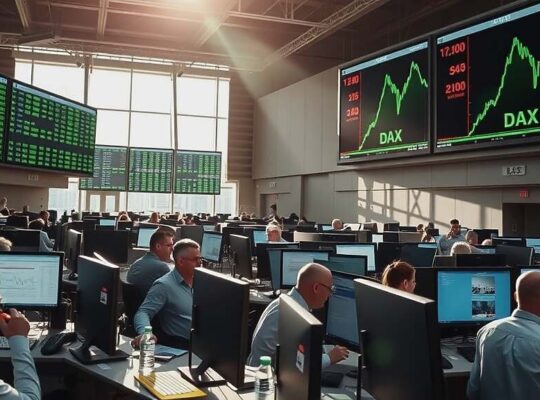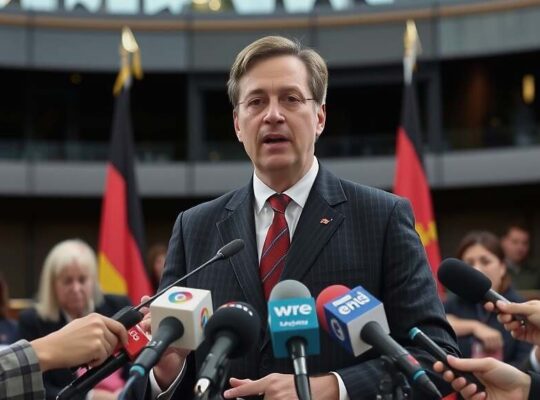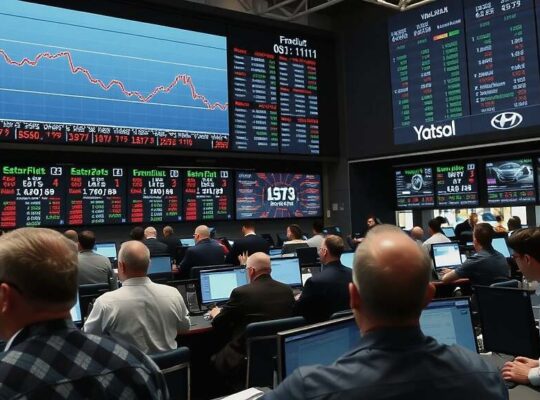Chancellor Friedrich Merz of the Christian Democratic Union (CDU) engaged in a preparatory meeting with Chinese Premier Li Qiang on the sidelines of the G20 summit in South Africa, signaling a renewed, albeit cautious, effort to navigate the increasingly complex relationship between Germany and China. The encounter, described by Merz as a precursor to a planned visit to Beijing in the first weeks of next year, highlights the enduring importance of the People’s Republic as a vital trade partner for Germany, while subtly acknowledging the significant tensions currently clouding their diplomatic ties.
The timing of Merz’s meeting, occurring in the absence of President Xi Jinping at the Johannesburg summit, afforded him the highest-level possible interaction with a Chinese representative. While Merz framed the discussion as introductory, sources indicate that the strained state of bilateral relations formed a significant undercurrent to the exchange. The recent abrupt cancellation of a planned trip to China by Foreign Minister Johann Wadephul, officially attributed to a lack of access to sufficiently high-ranking counterparts, previously triggered considerable controversy and raised questions about the willingness of the Chinese government to engage with Berlin.
This cancellation, coupled with the subsequent visit by Federal Finance Minister Lars Klingbeil (SPD), represents a shifting dynamic within the German government’s China policy. Klingbeil’s trip, characterized by a focus on trade negotiations with Vice Premier He Lifeng, positioned the SPD as taking a more pragmatic, engagement-focused approach, in contrast to the perceived cold shoulder extended to Wadephul. Klingbeil characterized the evolving relationship as involving a “competitive situation” alongside a desire for “cooperation” emphasizing a clear message received indicating China’s interest in fostering economic ties based on “fair trade” and a “fair partnership.
However, the two visits, occurring within such close proximity, underscore a critical divide regarding Germany’s approach to a nation whose global influence, particularly in relation to Russia, is increasingly crucial in shaping the international order. While Merz’s meeting with Premier Li Qiang conveys a desire for continued engagement, the preceding events suggest a deep-seated concern within the CDU regarding China’s political climate and a questioning of Beijing’s commitment to reciprocal diplomacy, demanding a more nuanced and potentially more cautious strategy for future interactions.












